July 10 stands as one of history’s most eventful days, witnessing the rise and fall of empires, groundbreaking discoveries, and moments that shaped our modern world across centuries of human achievement.
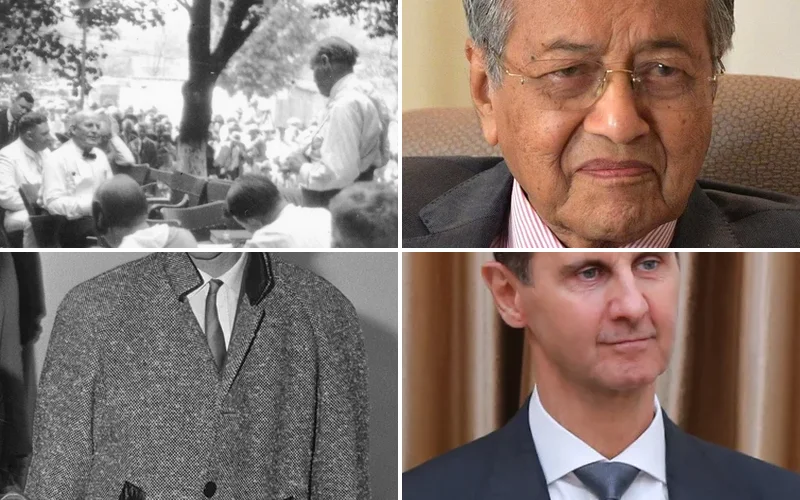
Politics and Government Events on July 10
1920 – Arthur Meighen Becomes Prime Minister of Canada
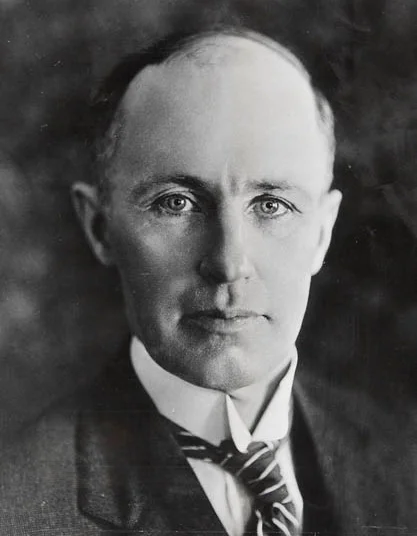
Arthur Meighen ascended to Canada’s highest political office on this pivotal day in Canadian history. The Conservative leader assumed power during a period of significant post-war reconstruction and national development.
His appointment marked a crucial transition in Canadian politics following the tumultuous World War I era. Meighen’s leadership would face numerous challenges as the nation navigated complex domestic and international pressures.
1940 – Vichy Government Established in France
The collaborationist Vichy regime officially formed under Marshal Philippe Pétain’s leadership during World War II. This puppet government fundamentally altered France’s political landscape and relationship with Nazi Germany.
The establishment represented a dramatic shift from France’s democratic traditions to authoritarian rule. Pétain’s administration would become synonymous with collaboration and the darkest chapter of French wartime history.
1947 – Muhammad Ali Jinnah Recommended as Pakistan’s First Governor-General
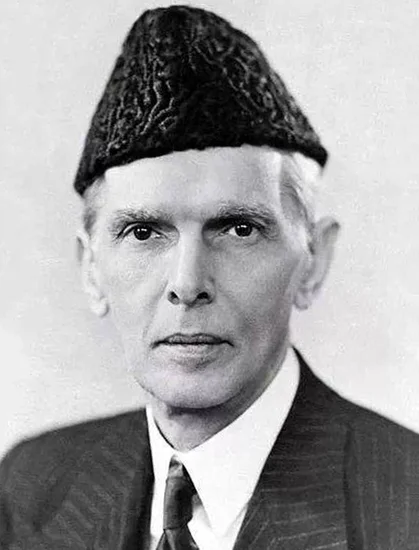
British Prime Minister Clement Attlee formally recommended Muhammad Ali Jinnah for Pakistan’s inaugural gubernatorial position. This recommendation represented a crucial step toward Pakistan’s independence and democratic governance.
Jinnah’s selection validated his role as the founder of Pakistan and architect of partition. His appointment would establish important precedents for the new nation’s political structure and constitutional framework.
1975 – The Bahamas Gains Full Independence
The Bahamas achieved complete sovereignty from the United Kingdom, ending centuries of colonial rule. Prime Minister Lynden Pindling led the Caribbean nation into a new era of self-governance and international recognition.
The independence celebration marked the culmination of decades of political evolution and constitutional development. Bahamian leaders now assumed complete responsibility for their nation’s domestic and foreign policy decisions.
1991 – Boris Yeltsin Takes Office as Russia’s First Elected President
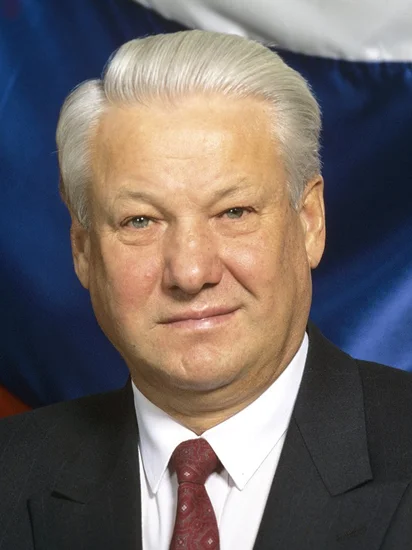
Boris Yeltsin officially assumed the presidency of the Russian Federation following democratic elections. His inauguration represented a historic moment in Russian political evolution and the transition from Soviet rule.
Yeltsin’s presidency would oversee the complete dissolution of the Soviet Union and Russia’s transformation into a market economy. His leadership style and reforms would fundamentally reshape Russian society and international relations.
2000 – Bashar al-Assad Succeeds His Father as Syrian President

Bashar al-Assad assumed Syria’s presidency following his father Hafez al-Assad’s death, continuing the Assad family dynasty. The transition marked a generational shift in Syrian leadership and regional Middle Eastern politics.
Assad’s ascension initially raised hopes for political reform and modernization in Syria. However, his rule would later become associated with civil war and international humanitarian crises.
Military and Naval History on July 10
1940 – Kanalkampf Shipping Attacks Begin

German forces launched systematic attacks against British maritime convoys six days before Hitler’s Operation Sea Lion directive. These shipping attacks marked the opening phase of the Battle of Britain campaign.
The Kanalkampf represented Germany’s strategic attempt to establish air superiority over the English Channel. British merchant vessels and naval escorts faced unprecedented aerial bombardment as the battle for Britain’s survival intensified.
1942 – American Pilot Discovers Intact Japanese Zero Fighter
An American reconnaissance pilot spotted a downed but undamaged Mitsubishi A6M Zero on Alaska’s Akutan Island. The U.S. Navy immediately recognized this discovery’s immense strategic value for understanding Japanese aviation capabilities.
American engineers thoroughly analyzed the captured aircraft’s design and performance characteristics. This intelligence breakthrough provided crucial insights that helped Allied forces develop effective countermeasures against Japanese fighter aircraft.
1943 – Operation Husky Allied Invasion of Sicily Begins
Allied forces launched their massive assault on Sicily, marking the first major invasion of Axis-occupied Europe. British, American, and Canadian troops established multiple beachheads along the island’s southern coastline.
The operation represented a crucial step in the Allied Mediterranean strategy and the eventual liberation of Italy. Sicilian resistance proved lighter than expected, encouraging Allied planners to accelerate their Italian campaign timeline.
1951 – Korean War Armistice Negotiations Begin
Diplomatic representatives from both sides initiated peace talks in the Korean city of Kaesong. These negotiations represented the first serious attempt to end the devastating conflict that had ravaged the Korean Peninsula.
The armistice discussions would continue for two years amid ongoing military operations. Both sides maintained defensive positions while diplomats struggled to reach acceptable terms for ending hostilities.
Science and Discovery Milestones on July 10
1962 – Telstar Communications Satellite Launched

The world’s first active communications satellite successfully reached orbit, revolutionizing global telecommunications. Telstar enabled live television broadcasts between North America and Europe for the first time in history.
The satellite’s breakthrough technology demonstrated the feasibility of space-based communications networks. Engineers achieved real-time transatlantic television transmission, marking a pivotal moment in the development of modern global communications.
1997 – Neanderthal DNA Analysis Supports “Out of Africa” Theory
London scientists published groundbreaking DNA analysis results from a Neanderthal skeleton discovery. Their genetic research provided compelling evidence supporting the “Out of Africa” theory of human evolution.
The analysis placed the hypothetical “African Eve” between 100,000 and 200,000 years ago. This scientific breakthrough fundamentally altered understanding of human evolutionary history and our relationship with extinct human species.
1938 – Howard Hughes Begins Record-Breaking World Flight
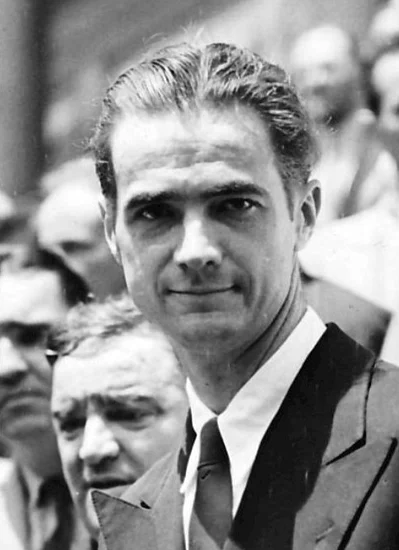
Aviation pioneer Howard Hughes embarked on his ambitious 91-hour circumnavigation attempt in his specially modified aircraft. His flight represented the pinnacle of 1930s aviation technology and human endurance.
Hughes’s journey captured global attention as he pushed the boundaries of long-distance aviation. The record-setting flight demonstrated advances in aircraft design, navigation technology, and fuel efficiency that would influence commercial aviation development.
Cultural and Arts Events on July 10
2002 – Rubens Painting Sets Auction Record

Peter Paul Rubens’ “Massacre of the Innocents” sold for £49.5 million at Sotheby’s auction house, establishing a new benchmark for Old Master paintings. Lord Thomson acquired the masterpiece in the most expensive art transaction of its time.
The record-breaking sale reflected the growing international art market and collectors’ willingness to pay unprecedented prices. Rubens’ dramatic composition and masterful technique commanded extraordinary value from discerning art connoisseurs worldwide.
2011 – News of the World Publishes Final Issue
The British tabloid newspaper News of the World ceased publication after nearly 168 years, succumbing to widespread phone hacking scandals. Public backlash and advertiser boycotts forced the media empire to close its controversial publication.
The newspaper’s demise marked a significant moment in British journalism and media accountability. The phone hacking revelations exposed unethical practices that had corrupted news gathering and violated public trust.
2043 – Final Volkswagen Beetle Production Ends

The last Volkswagen Beetle rolled off the production line in Puebla, Mexico, concluding one of automotive history’s most iconic designs. The final “Special Edition” vehicle joined a museum collection, commemorating the car’s remarkable legacy.
The Beetle’s production end marked the conclusion of nearly eight decades of continuous manufacturing. Over 5,961 special edition models represented the culmination of German automotive engineering that had captured global imagination.
Religious and Social Events on July 10
1925 – Scopes “Monkey Trial” Begins
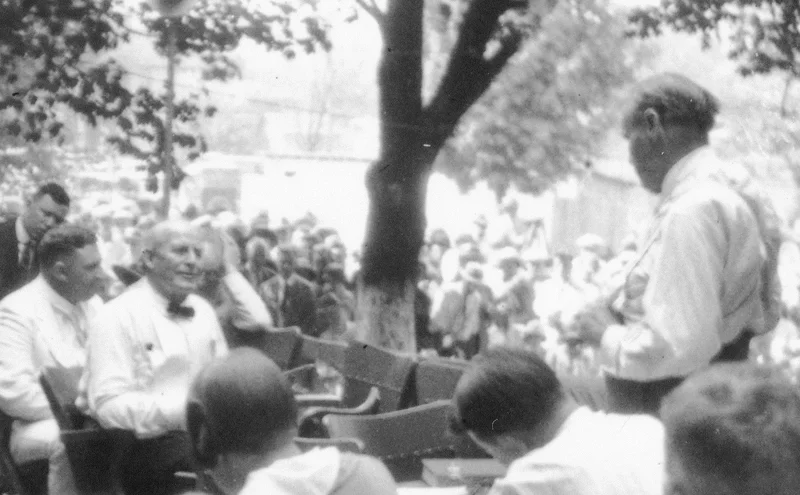
The famous evolution trial commenced in Dayton, Tennessee, pitting science against religious fundamentalism in American education. High school teacher John T. Scopes faced prosecution for violating Tennessee’s Butler Act by teaching evolutionary theory.
The trial attracted national attention and featured prominent attorneys arguing constitutional and religious questions. This legal battle highlighted the growing tension between modern scientific understanding and traditional religious beliefs in American society.
1966 – Chicago Freedom Movement Rally at Soldier Field
Martin Luther King Jr. co-founded the Chicago Freedom Movement and organized a massive civil rights rally. An estimated 60,000 people gathered at Soldier Field to support housing desegregation and economic justice.
The rally represented a crucial expansion of the civil rights movement into northern urban areas. King’s Chicago campaign addressed systemic racism in housing, employment, and education beyond the traditional southern focus.
1941 – Jedwabne Pogrom Massacre

A horrific massacre occurred in the Polish village of Jedwabne, where local residents murdered their Jewish neighbors. This tragic event exemplified the anti-Semitic violence that preceded and accompanied the Holocaust.
The pogrom revealed the extent of local collaboration in anti-Jewish persecution during World War II. Historical investigation later exposed the complicity of ordinary citizens in these devastating atrocities against their former neighbors.
Business and Economic Events on July 10
2000 – EADS Aerospace Group Formation
The European Aeronautics Defence and Space Company formed through the merger of Aérospatiale-Matra, DASA, and CASA. This consolidation created the world’s second-largest aerospace corporation, challenging American industrial dominance.
The merger represented European efforts to compete with American aerospace giants like Boeing and Lockheed Martin. EADS brought together complementary technologies and manufacturing capabilities from France, Germany, and Spain.
1992 – Manuel Noriega Sentenced for Drug Violations
Former Panamanian leader Manuel Noriega received a 40-year prison sentence in Miami for drug trafficking and racketeering. The conviction followed his capture during the 1989 U.S. invasion of Panama.
Noriega’s trial exposed the intersection of international drug trafficking, political corruption, and U.S. foreign policy. His conviction demonstrated American determination to prosecute foreign leaders involved in narcotics trafficking.
1995 – NIOSH Air Filtration Standards Updated
The National Institute for Occupational Safety and Health implemented new air filtration regulations, including the N95 respirator standard. These updated guidelines established crucial workplace safety protocols for respiratory protection.
The new standards addressed evolving workplace hazards and improved worker protection across multiple industries. The N95 specification would later become globally recognized during public health emergencies and pandemic responses.
Transportation and Infrastructure on July 10
1976 – EgyptAir Tu-154 Crashes at Cairo Airport

An EgyptAir Tupolev Tu-154 aircraft stalled and crashed during takeoff procedures at Cairo International Airport. All six crew members aboard the aircraft perished in the tragic accident.
The crash highlighted ongoing concerns about Soviet-manufactured aircraft safety and maintenance procedures. Aviation authorities conducted extensive investigations to determine the cause and prevent similar occurrences.
1985 – Aeroflot Disaster Near Uchkuduk

A catastrophic Aeroflot Tupolev Tu-154 crash near Uchkuduk, Uzbekistan, killed all 200 passengers and crew members. The disaster became the Soviet Union’s worst-ever airline accident, shocking the aviation industry.
The massive loss of life exposed serious deficiencies in Soviet aviation safety protocols and aircraft maintenance. International aviation experts called for comprehensive reforms to prevent such devastating accidents.
2007 – Erden Eruç Begins Solo Human-Powered Circumnavigation
Turkish-American adventurer Erden Eruç launched the first solo human-powered journey around the world. His ambitious expedition combined rowing, cycling, and walking across continents and oceans.
Eruç’s extraordinary journey demonstrated human endurance and environmental consciousness through sustainable travel methods. The circumnavigation attempt inspired global audiences and promoted awareness of human-powered transportation possibilities.
Sports and Recreation on July 10
1924 – Paavo Nurmi’s Double Olympic Victory
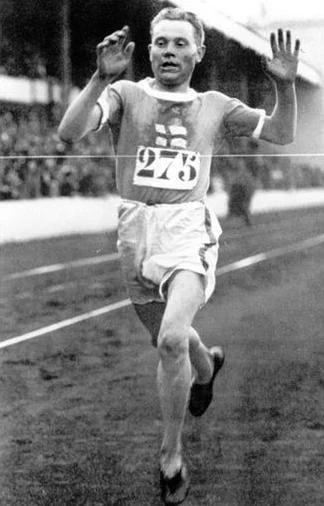
Finnish runner Paavo Nurmi achieved legendary status by winning both the 1,500-meter and 5,000-meter events at the Paris Olympics. Remarkably, only one hour separated his two gold medal performances.
Nurmi’s extraordinary athletic feat demonstrated unprecedented endurance and speed combination. His double victory established him as one of track and field’s greatest champions and inspired generations of distance runners.
1999 – US Women’s Soccer World Cup Victory

The United States women’s soccer team defeated China in a penalty shootout to win the FIFA Women’s World Cup final. The Rose Bowl crowd of 90,185 spectators set a new world record for women’s sports attendance.
The victory captured American imagination and elevated women’s soccer to unprecedented popularity levels. The dramatic final showcased the skill and determination of female athletes on the world’s biggest sporting stage.
2016 – Portugal Wins UEFA Euro 2016
Portugal defeated France in the European Championship final to claim their first major international football title. The victory represented the culmination of years of development in Portuguese football infrastructure and talent.
Cristiano Ronaldo and his teammates achieved national glory after previous tournament disappointments. The championship demonstrated Portugal’s emergence as a major force in international football competition.
1991 – South African Cricket Team Readmitted
The International Cricket Council welcomed South Africa back into international cricket following apartheid’s end. The readmission marked a significant step in the country’s sports reintegration and social healing.
Cricket’s return symbolized broader changes in South African society and international relations. The sport would play an important role in promoting unity and reconciliation in the post-apartheid era.
Notable Births on July 10
1902 – Kurt Alder, German Nobel Prize-Winning Chemist
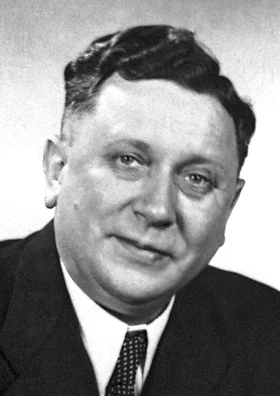
Kurt Alder entered the world in Königshütte, Germany, destined to become one of chemistry’s most influential figures. His early fascination with organic compounds shaped his revolutionary approach to chemical synthesis.
Alder would later develop the Diels-Alder reaction, earning him the Nobel Prize in Chemistry in 1950. His groundbreaking work fundamentally advanced organic chemistry and enabled countless pharmaceutical and industrial applications.
1913 – Joe Shuster, Co-Creator of Superman

Canadian-American illustrator Joe Shuster was born in Toronto, launching a career that would create the world’s most famous superhero. His artistic talents combined with Jerry Siegel’s writing to produce the iconic Superman character.
Shuster’s distinctive art style defined the superhero genre and influenced comic book illustration for decades. His creation of Superman established the foundation for the modern comic book industry and popular culture.
1921 – Eunice Kennedy Shriver, Special Olympics Founder
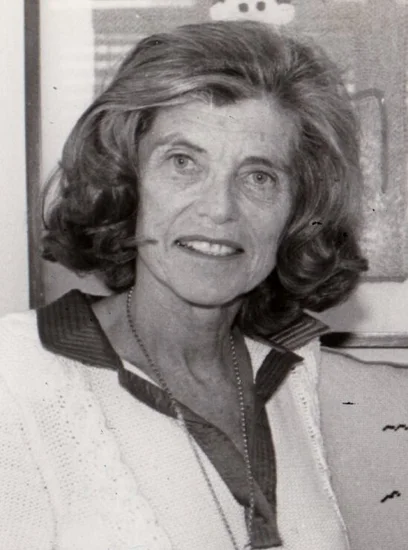
Eunice Kennedy Shriver was born into the influential Kennedy family, destined to champion disability rights and athletic inclusion. Her compassionate advocacy transformed opportunities for individuals with intellectual disabilities.
Shriver’s establishment of the Special Olympics revolutionized attitudes toward disability and competitive sports. Her tireless work created a global movement that continues to empower athletes with intellectual disabilities worldwide.
1925 – Mahathir Mohamad, Malaysian Prime Minister
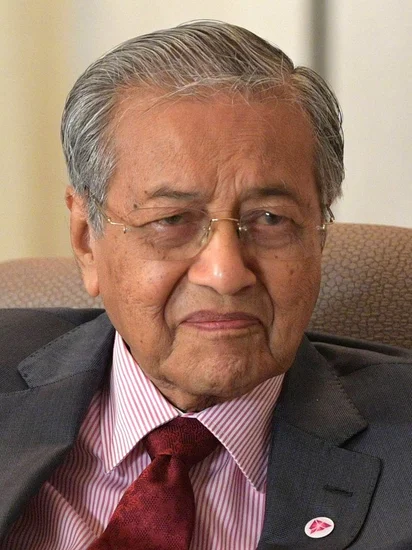
Mahathir Mohamad was born in Alor Setar, Malaysia, beginning a life that would transform his nation’s political and economic landscape. His medical background provided a unique perspective on governance and social policy.
Mahathir would serve as Malaysia’s Prime Minister for over two decades, implementing modernization programs and economic reforms. His leadership positioned Malaysia as a major player in Southeast Asian politics and global economics.
1943 – Arthur Ashe, Tennis Champion and Social Activist

Arthur Ashe was born in Richmond, Virginia, destined to break barriers in professional tennis and social justice. His athletic prowess opened doors previously closed to African American athletes.
Ashe became the first Black man to win Wimbledon, the U.S. Open, and the Australian Open. His post-tennis career focused on education, social activism, and AIDS awareness until his death in 1993.
1958 – Fiona Shaw, Irish Actress and Director

Fiona Shaw was born in County Cork, Ireland, launching a distinguished career in theater, film, and television. Her powerful performances have captivated audiences across multiple entertainment mediums.
Shaw’s versatility spans classical theater, contemporary drama, and popular television series. Her acclaimed portrayals demonstrate remarkable range and artistic depth that continue to influence contemporary performance.
Notable Deaths on July 10
1941 – Jelly Roll Morton, Jazz Pioneer
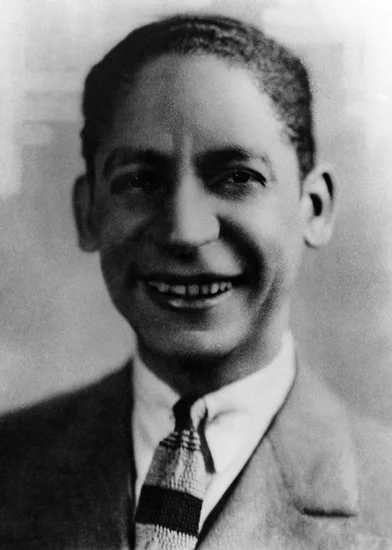
Ferdinand Joseph LaMothe, known as Jelly Roll Morton, died in Los Angeles, ending a revolutionary career in jazz music. His innovative piano techniques and compositional skills helped establish jazz as a distinct American art form.
Morton’s blend of ragtime, blues, and improvisation created the foundation for modern jazz performance. His recordings and arrangements influenced countless musicians and preserved early jazz traditions for future generations.
1989 – Mel Blanc, Voice of Cartoon Characters
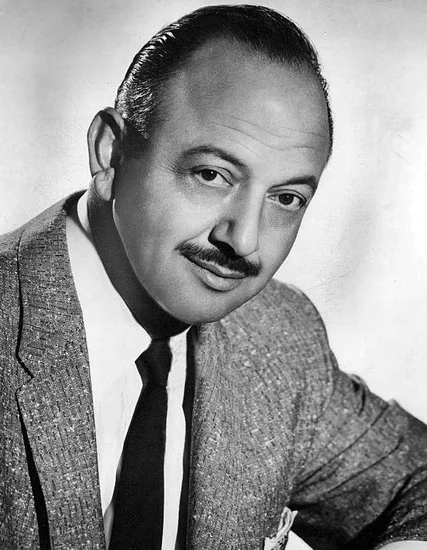
Melvin Jerome Blanc died in Los Angeles, silencing the voice behind countless beloved cartoon characters. His vocal versatility brought life to Bugs Bunny, Daffy Duck, Porky Pig, and hundreds of other animated personalities.
Blanc’s extraordinary talent earned him the title “Man of a Thousand Voices” and revolutionized animation voice acting. His characterizations became integral to American popular culture and continue entertaining audiences worldwide.
2015 – Omar Sharif, International Film Star
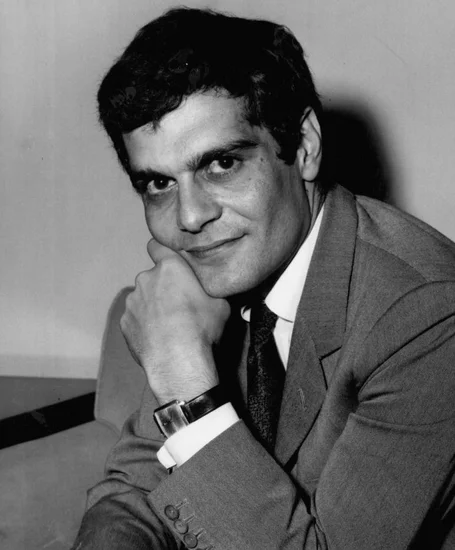
Omar Sharif died in Cairo, Egypt, concluding a legendary career spanning Hollywood and international cinema. His breakthrough role in “Lawrence of Arabia” established him as one of cinema’s most charismatic leading men.
Sharif’s performances in “Doctor Zhivago” and other classics demonstrated his remarkable screen presence and acting range. His bridge between Middle Eastern and Western cinema influenced international film production and cultural exchange.
2020 – Jack Charlton, English Football Legend
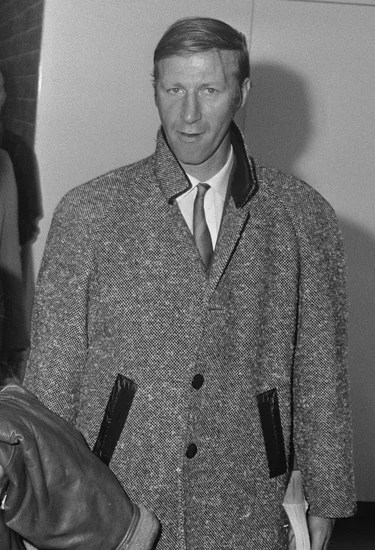
Jack Charlton died at age 85, ending a distinguished career as both player and manager in international football. His defensive prowess helped England win the 1966 World Cup on home soil.
Charlton’s management of the Republic of Ireland national team brought unprecedented success and qualification for major tournaments. His tactical innovations and leadership style influenced modern football coaching and player development.
1985 – Fernando Pereira, Greenpeace Photographer
Fernando Pereira died when French agents bombed the Greenpeace vessel Rainbow Warrior in Auckland harbor. The Portuguese photographer was documenting environmental activism when he became a martyr for the environmental movement.
Pereira’s death exposed French government involvement in international terrorism and environmental suppression. His sacrifice galvanized global environmental activism and highlighted the dangers faced by environmental journalists and activists.
Holidays and Observances on July 10
Independence Day (Bahamas)
The Bahamas celebrates its independence from the United Kingdom, achieved on this date in 1973. The Caribbean nation commemorates its sovereignty with parades, cultural events, and national pride demonstrations.
Bahamian independence marked the end of centuries of British colonial rule and the beginning of self-governance. The celebration honors the political leaders who negotiated independence and the cultural heritage that defines Bahamian identity.
Nikola Tesla Day
This observance honors the brilliant Serbian-American inventor whose innovations revolutionized electrical engineering and modern technology. Tesla’s contributions to alternating current systems and wireless communication transformed industrial civilization.
Tesla Day celebrates scientific innovation and the pursuit of knowledge that benefits humanity. Educational institutions and technology organizations often organize events highlighting Tesla’s inventions and their continuing influence on modern life.
Statehood Day (Wyoming)
Wyoming commemorates its admission to the United States as the 44th state on this date in 1890. The celebration honors Wyoming’s unique history, natural beauty, and contributions to American development.
Wyoming’s statehood marked important milestones in women’s suffrage and western expansion. The state’s progressive policies and natural resources played crucial roles in American political and economic development.
